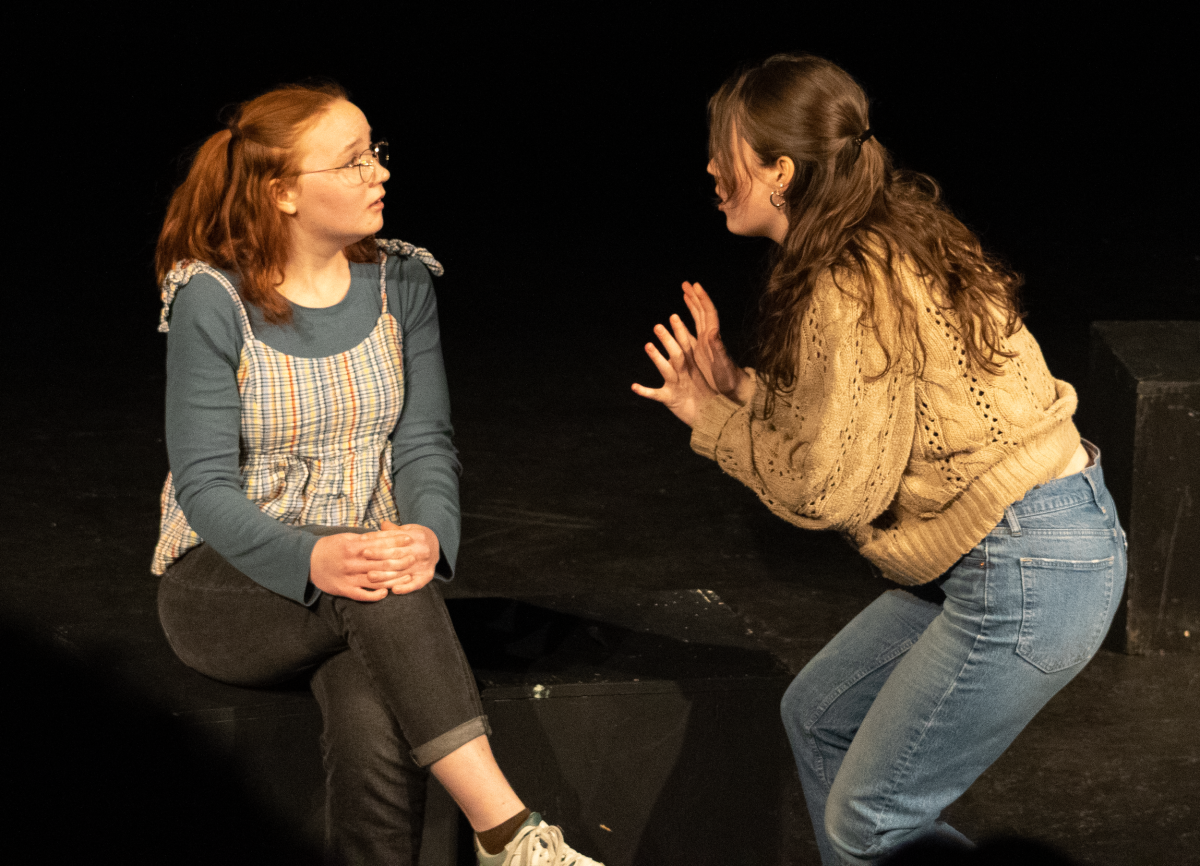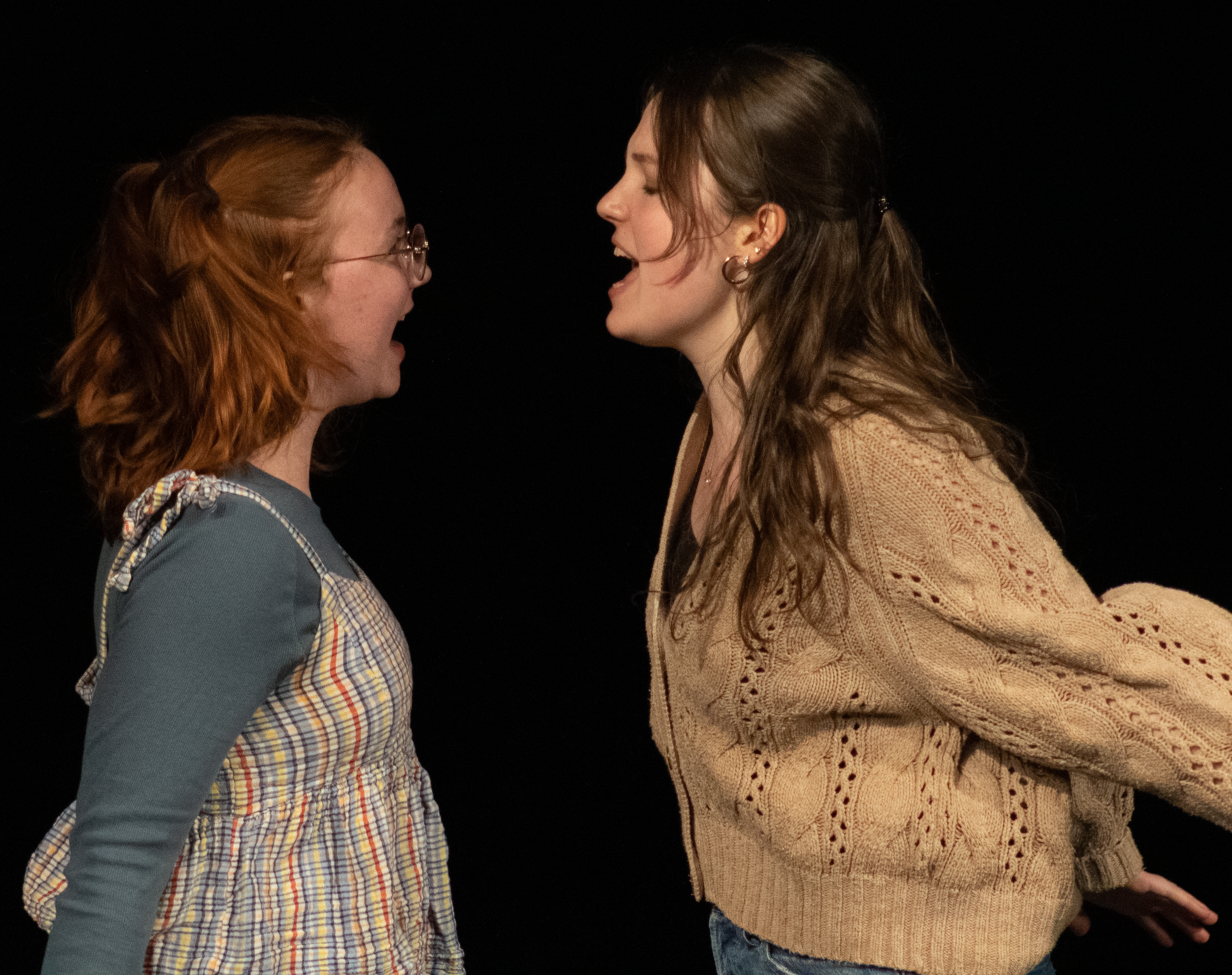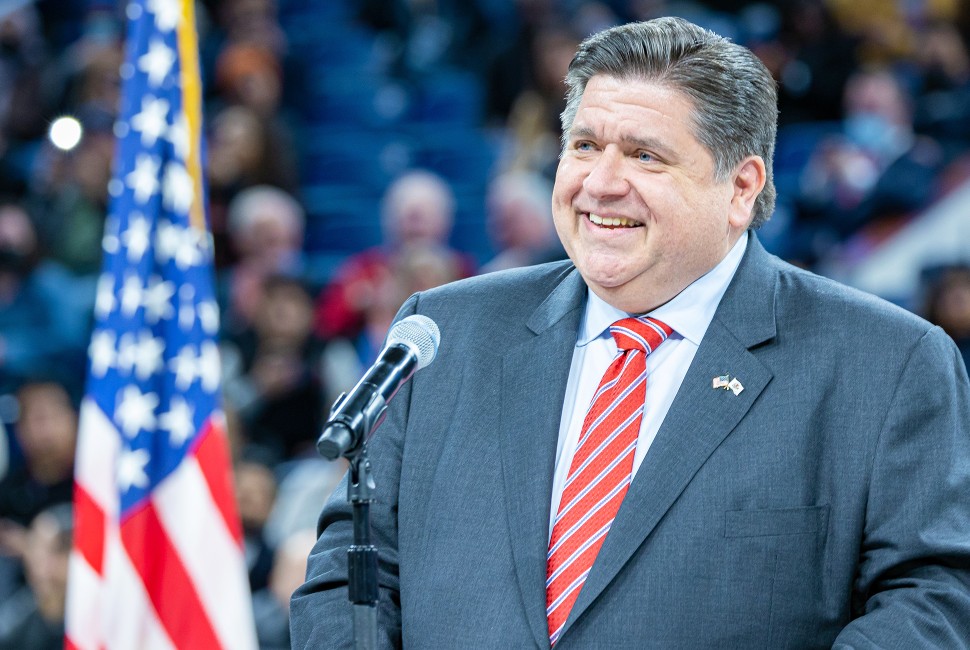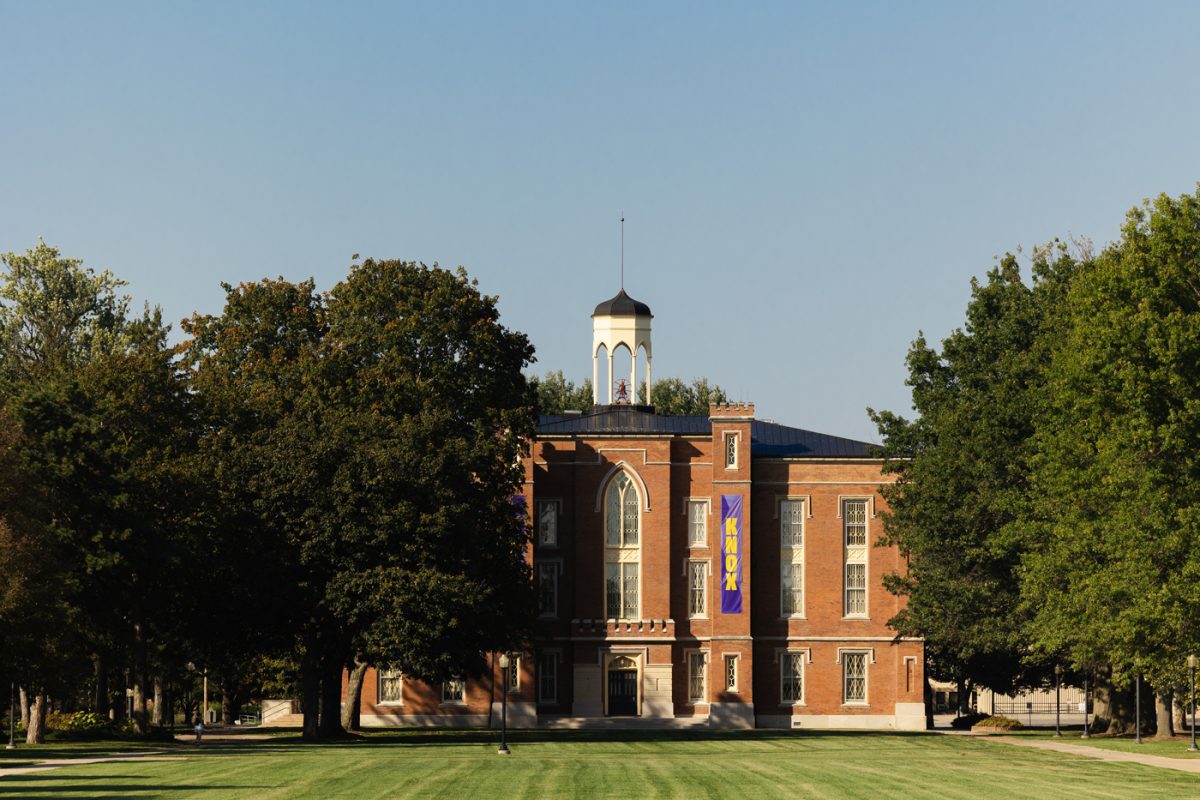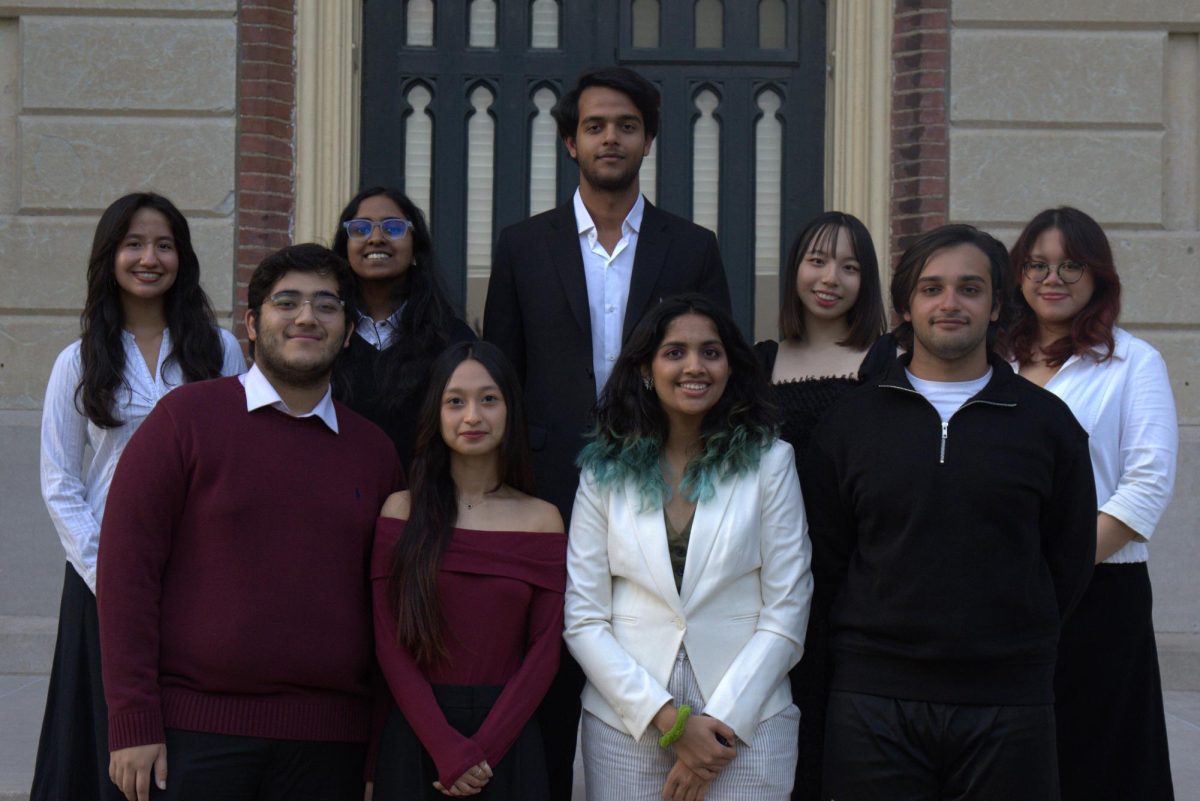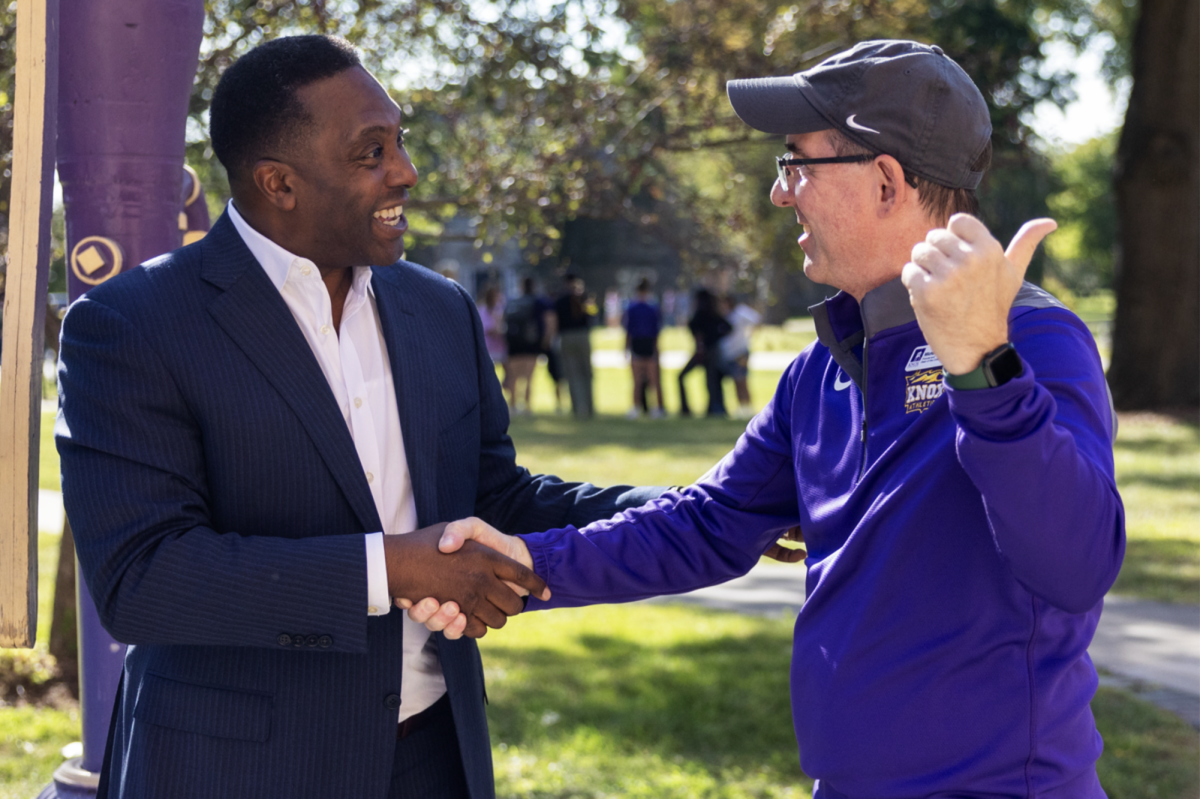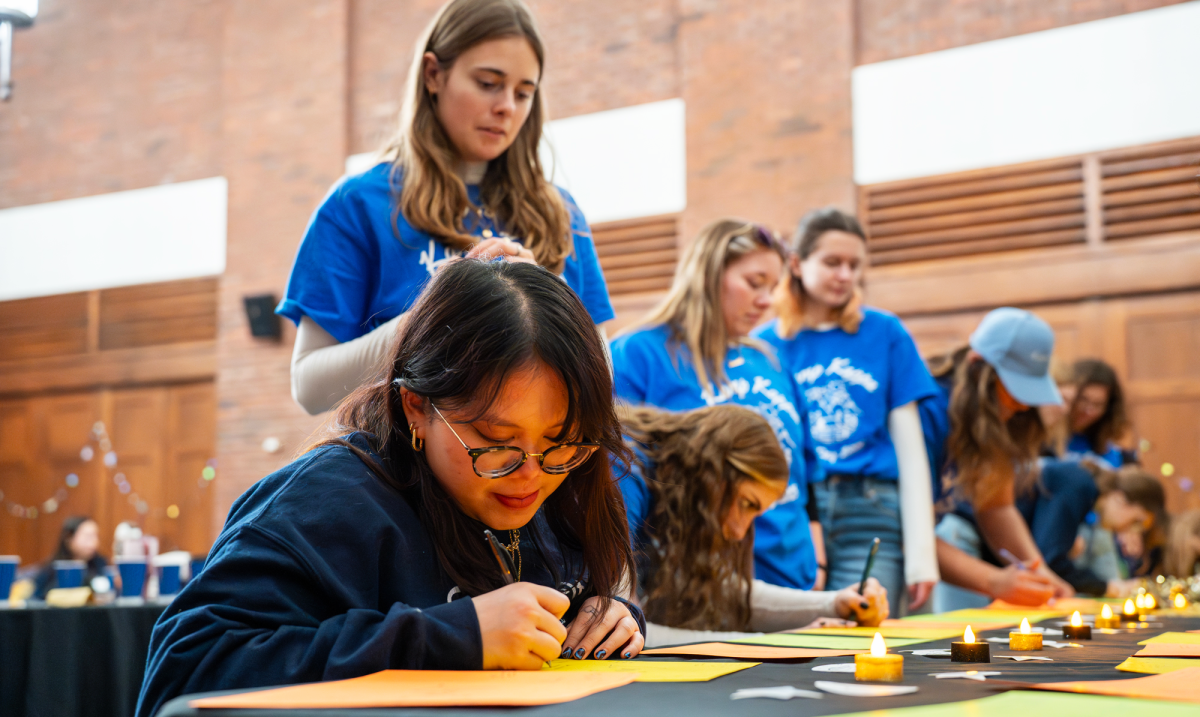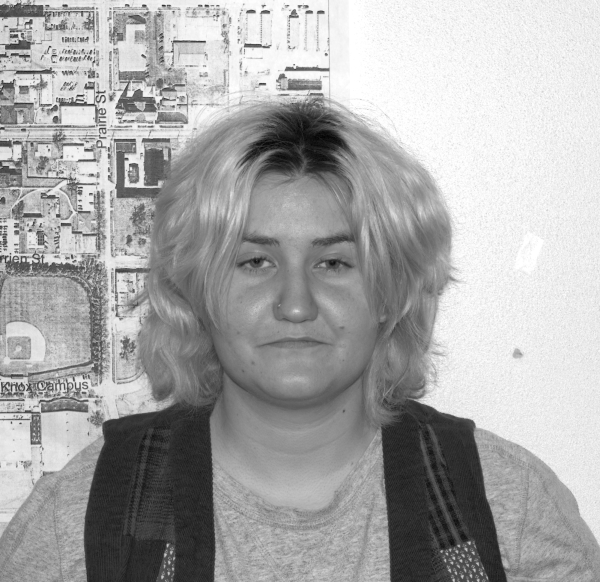The Knox College Theatre department has been around for a long time. The program lists productions going back to 1950. The arts have seemingly always been important on campus, and are highly valued and supported. But according to many students and faculty, participation is dropping, and there are far fewer members in the extracurricular activities, and majors in the field.
According to Chair of Arts Administration and Smith V. Brand Distinguished Professor of Theatre Elizabeth Carlin-Metz, before the COVID-19 pandemic the theatre department generally had 25-30 majors per year. Now, there are around half as many. Covid-19 has greatly affected the whole world, and though both admissions and general participation are down on campus, the theatre department may have been hit extra hard.
The small size of both the college and the program make the lower levels of participation seem more prevalent. It is also more difficult to continue a program like theatre remotely, so the lack of in person activities in previous years had an especially dramatic impact on this department.
“It’s a Covid problem,” sophomore Kamana’okekai Lattig said.
Incoming students may also not have had the opportunity to participate in theatre in the later years of high school.
“There’s a chance that people lose interest,” sophomore Hadley Mollman said.
It’s possible that incoming students haven’t had the opportunity to participate in theatre recently, and aren’t as aware of opportunities on campus.
Because of the lack of in person activities in the last few years, specific aspects of theatre have been especially difficult.
“Not enough technicians were trained,” Lattig said.
This is especially hard on the department when few upperclassmen who were present before the pandemic are still on campus and able to provide such training. Students need to be instructed in person on campus about the use of lighting and sound equipment. Without enough competent technicians, it becomes only more difficult to keep shows running smoothly.
It has been difficult for current students to learn from upperclassmen and expert students in the program. Most current upperclassmen have had little in-person experience with the program, and those who did are under more pressure to share their knowledge with other students.
“I can imagine it is a lot of pressure to be one of the only students in the department with prior knowledge and experience, and be the person that everyone comes to expecting advice or solutions,” sophomore Gwen Heidank said.
However, Heidank also said: “there is both a downside and upside to the lower participation. There are a lot of opportunities for newer students to step up.” Often, even those with less prominent positions hold responsibility throughout the department. Several productions have resorted to double casting actors in order to fill roles.
This increased responsibility and opportunity for those who are active in the department does also have a downside. Many students in leadership positions take on several roles, and commit to a lot in order to keep productions running smoothly.
“They stretch themselves thin because there is no one else to do the things that must be done or hold the positions that must be held,” Heidank said.
The department is seemingly as committed as ever to keep production going. Even with less involvement overall, the department continues to put on many shows every term. Though it is more difficult to put on larger productions, the students and faculty are continually working to find creative ways to make up for the issue.
The department offers a variety of shows which are fairly popular among those involved.
“The plays tend to be eclectic enough that there usually is something for everyone in a given season,” Carlin-Metz said.
Walz and Kellogg
Photo by Addison Steinbach
However, there have also been some complaints about the field. Some students wish there were opportunities for musical theatre. And though students have control over New Plays, faculty are in charge of decisions regarding seasonal shows.
There has also been discussion, even reaching Student Senate, about the possibility of paid positions for those working in theatre. Some think that, based on the time stage managers and directors put into their productions, and with the consideration that there are paid positions for stage hands, stage managers and directors should be receiving compensation for their efforts.
Others think that paid participation within club and department extracurriculars can get difficult.
“Where do we draw the line?” Senate President and senior Eeman Mahar said.
Looking forward, the department is always looking to increase involvement. Students seem to agree the most effective way to do this is targeting prospective students during the enrollment process, and educating first-year students on the activities of the department.
“They’re doing a good job of encouraging people to stay in the department,” Lattig said. “We need a little bit of work on recruiting for tech.”
Within the department, many seem to believe an increased participation would be good for the school overall, and everyone involved in the program.
“Experiencing the Way of Knowing that is the basis of a performing art is a profound opportunity to integrate all of the domains of knowing. The performing arts also integrate the whole self, which often stimulates personal growth in significant ways. And the performing arts are fun,” Carlin-Metz said.

